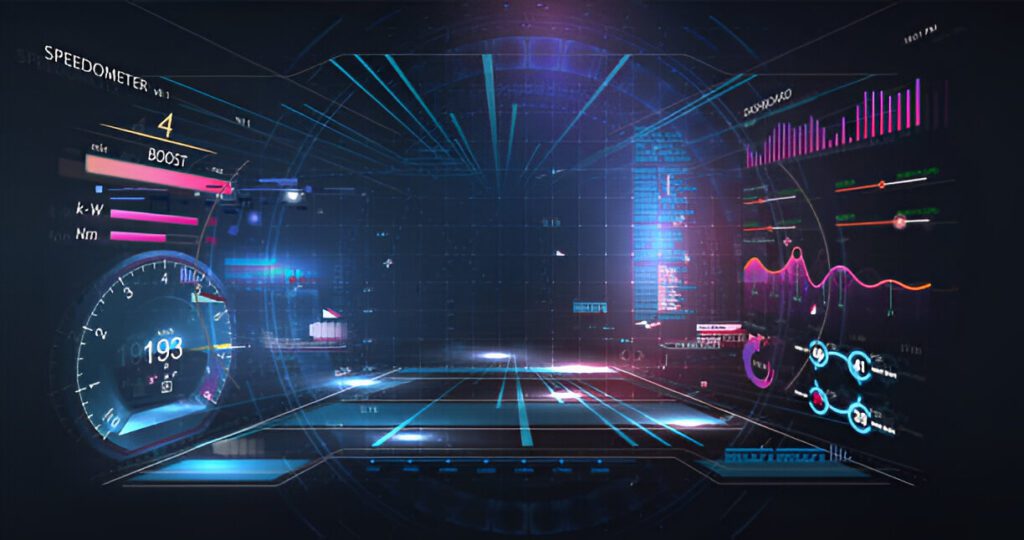
Non-player characters (NPCs) are the lifeblood of video games, weaving narratives and populating the virtual worlds we explore. From bustling merchants to enigmatic quest-givers, they enrich the gameplay experience. Traditionally, however, NPCs have been confined by rigid scripts, leading to predictable interactions. But the tide is turning. Generative AI, a powerful technology capable of crafting dialogue and behaviors on the fly, is poised to usher in an AI Renaissance for NPCs.
From Static Backdrops to Dynamic Actants
The history of NPCs mirrors the evolution of gaming itself. Early titles featured simplistic entities with basic dialogue trees. Games like The Legend of Zelda and Final Fantasy introduced more nuanced interactions, allowing players to shape narratives through limited choices. Technology’s march forward yielded NPCs with decision trees and finite state machines, enabling them to react dynamically to the player’s presence. Titles like The Elder Scrolls V: Skyrim and Red Dead Redemption 2 showcase the pinnacle of this era, with NPCs exhibiting daily routines, forming relationships, and engaging in pre-programmed responses. However, these advancements remain tethered to the limitations of scripting.
Generative AI: A Paradigm Shift
Generative AI marks a seismic shift in NPC development. Unlike scripted approaches, it unlocks the potential for real-time dialogue and behavior generation. Imagine NPCs engaging in natural conversations, adapting their responses to your choices, and drawing upon contextual awareness. This opens the door to infinitely detailed game worlds, where every encounter and quest is unique. Picture encountering a village populated by AI-generated inhabitants, each with their own stories, personalities, and dynamically generated quests. Environments themselves could be shaped by AI, offering unexplored territories upon each visit. The level of detail and variation fosters unprecedented replayability, ensuring no two playthroughs are the same.
A World of Immersion and Player Agency
Generative AI fosters deeper immersion, breathing life into every interaction. Consider AI Dungeon, which utilizes OpenAI’s GPT-3 model to craft interactive narratives. Players type actions or dialogue, and the AI responds, creating a unique story each time. By dismantling the rigid structure of scripts, generative AI fosters a more organic and varied gameplay experience. Players are no longer subjected to repetitive responses, heightening immersion and fostering a sense of agency within the virtual world.
NPCs with Depth and Emotional Resonance
Perhaps the most captivating prospect of generative AI lies in the creation of NPCs with rich inner lives. These characters will transcend scripted roles, capable of independent thought, emotion, and personal growth. Imagine an NPC who remembers past interactions, exhibits a spectrum of emotions, and evolves over time. Games like Cyberpunk 2077 have begun to explore this concept, with NPCs displaying a range of emotions and personalities. Generative AI empowers NPCs to form memories that influence decisions, harbor personal goals that drive actions, and cultivate dynamic relationships based on player interactions. This depth injects a layer of realism, making the virtual world feel genuinely alive and responsive.
Persistent Worlds and Evolving Ecosystems
Generative AI paves the way for persistent NPCs – characters who continue their lives even when players are absent. Games like The Elder Scrolls and Red Dead Redemption 2 offer glimpses of this concept, with NPCs adhering to daily routines. However, these behaviors are often static and reset upon leaving the area.
Generative AI allows for a truly dynamic existence. NPCs can forge relationships, pursue personal goals, and react to changes in the game world, even when the player isn’t around. This persistence fosters a more immersive and believable environment. Imagine returning to a game after a week to find the blacksmith has expanded his shop, the farmer has harvested his crops, or the town guards have quelled a bandit threat. These dynamic shifts imbue the world with a sense of continuity and make it feel like a living, breathing entity.
Challenges and Ethical Considerations
While transformative, integrating generative AI in gaming presents challenges and ethical considerations. Real-time dialogue and behavior generation require significant processing power, pushing the boundaries of current hardware. Ensuring AI-generated content remains coherent and contextually relevant poses another challenge.
Ethically, AI raises concerns about bias and representation. Training data sets can harbor biases, and developers must be vigilant in mitigating them to create inclusive and fair gaming experiences. An AI tasked with generating dialogue, for instance, needs careful monitoring to avoid perpetuating stereotypes or harmful narratives. Striking a balance between creative freedom and control is also crucial. While generative AI allows for dynamic content, developers must ensure NPC behavior aligns with the game’s narrative and design. This involves setting boundaries for the AI to follow, ensuring it enhances, rather than disrupts, the player experience.
A Glimpse into the Future
The future of generative AI in gaming is brimming with potential. Deeper integration with VR and AR promises even more immersive experiences. Imagine interacting with AI-driven NPCs in a VR environment, where their responses and behaviors are indistinguishable from real human interaction.

